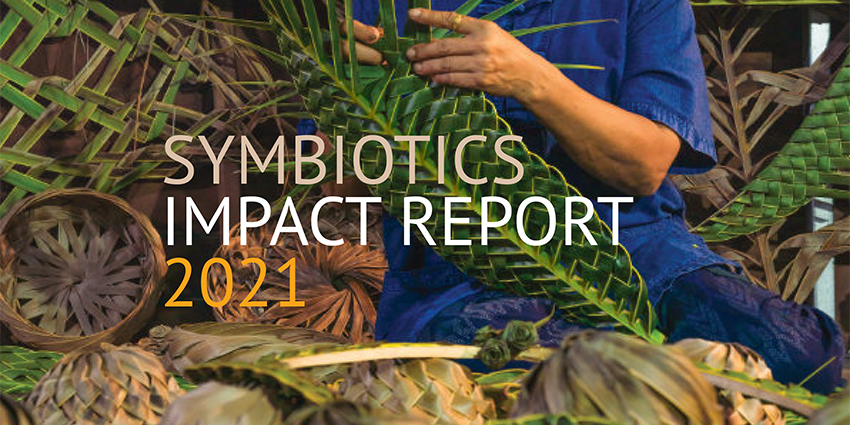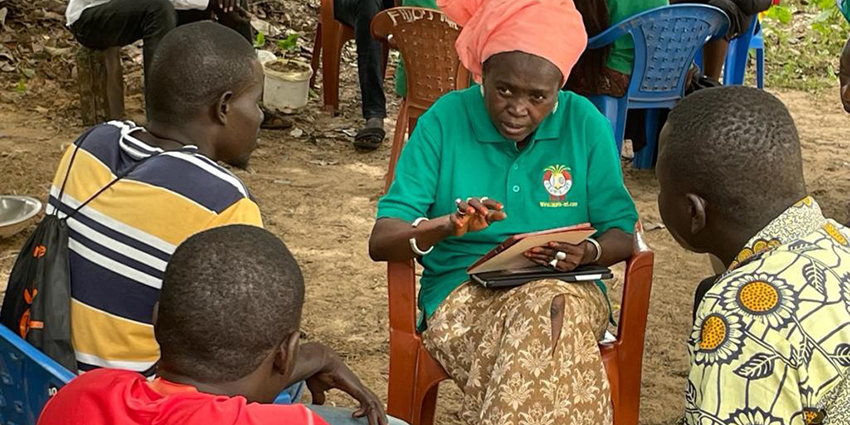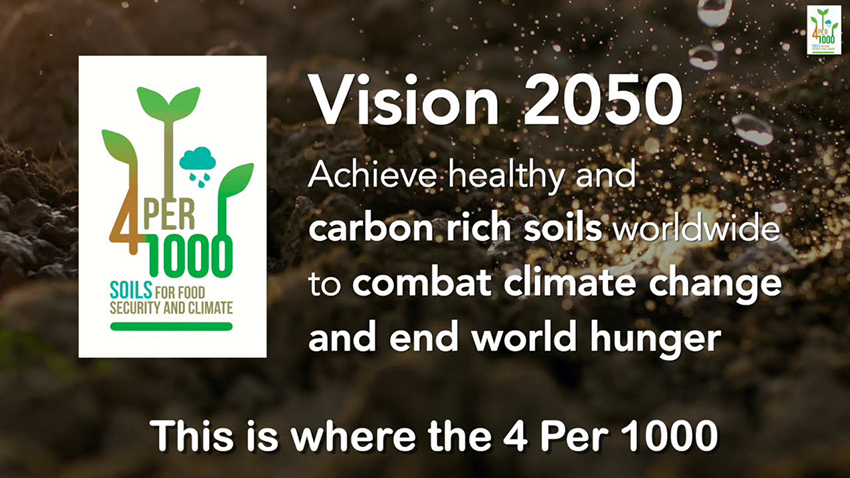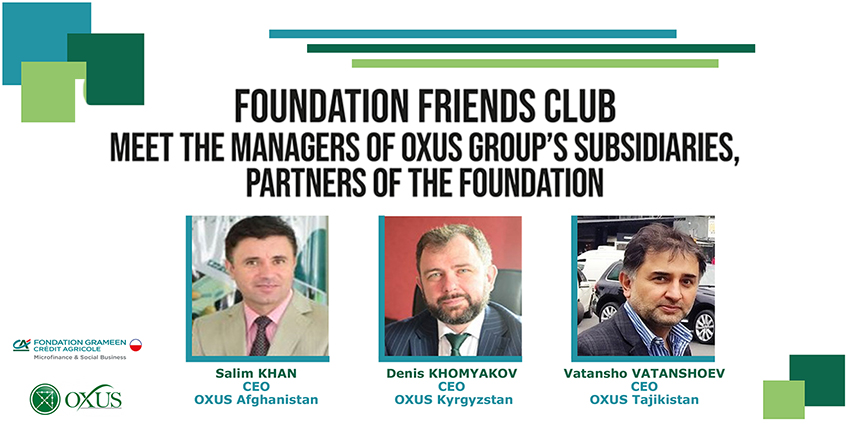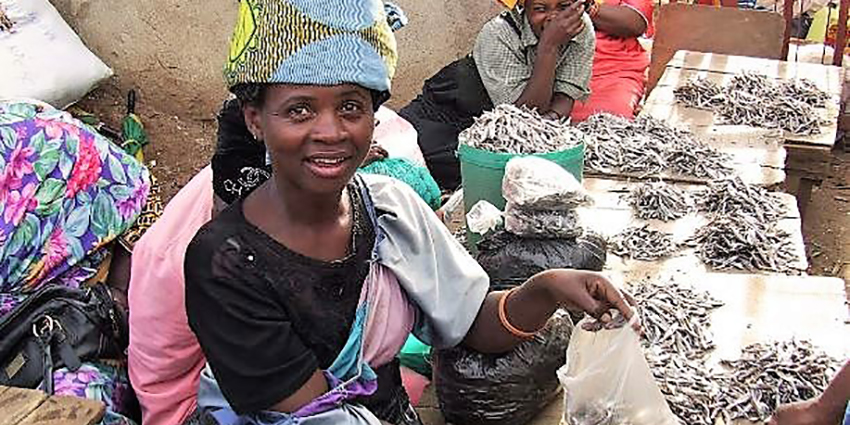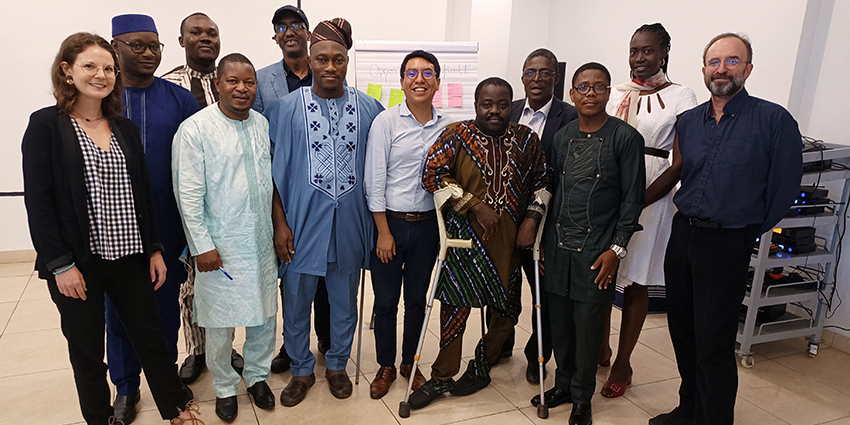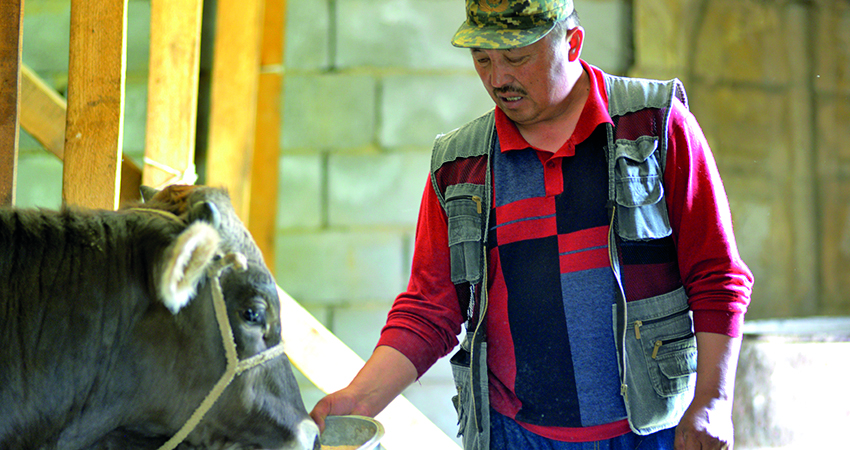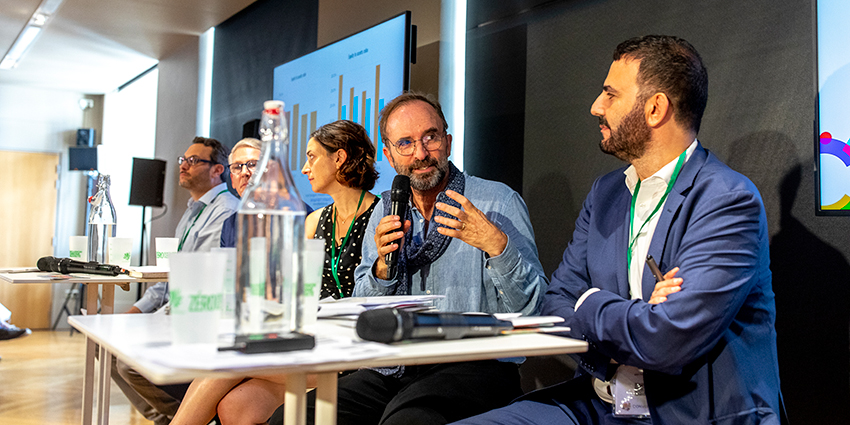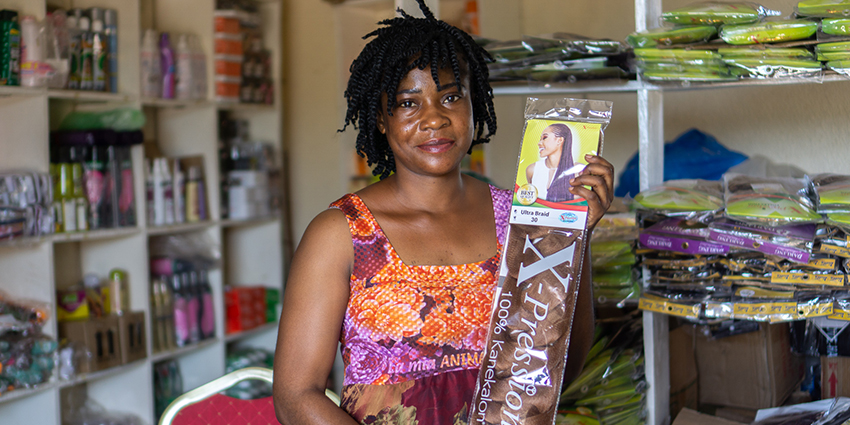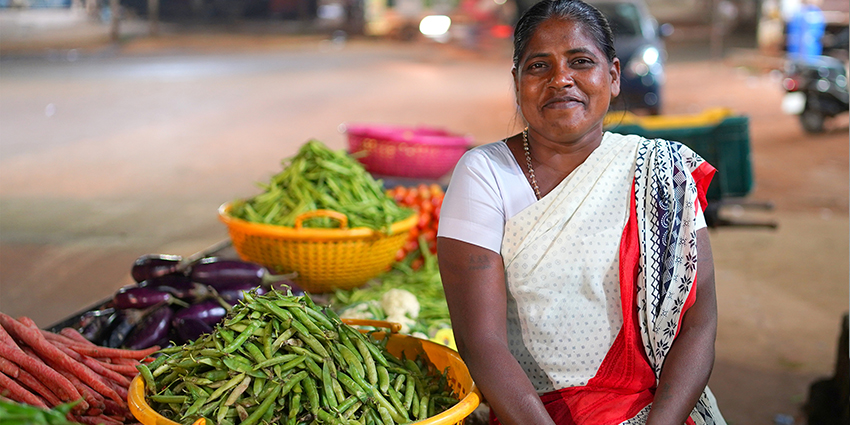
The Grameen Crédit Agricole Foundation and Crédit Agricole CIB are providing a 350 million rupees (4.5 million euros) Sustainability-Linked Loan to Annapurna Finance, an Indian non-bank financial institution specializing in providing microcredit to low-income populations. Annapurna Finance is the first microfinance institution in India to sign a Sustainability-Linked Loan.
Through this facility, Annapurna Finance is committed to strengthening its environmental and societal contribution, beyond the social impact inherent in microfinance activity, by promoting new solutions to finance the energy transition and the resilience of populations in the face of climate change, and strengthening women's entrepreneurship through training.
In line with the recommendations of the Sustainability-Linked Loan Principles, the conditions of the transaction include a mechanism for indexing the margin to the achievement of the annual objectives of the following indicators: the photovoltaic capacity installed by micro, small and medium-sized enterprise customers; the construction and modernization of resilient housing in cyclone zones by microfinance customers; the participation of microfinance customers in a program to strengthen entrepreneurial skills for an exclusively female audience.
The Grameen Crédit Agricole Foundation and Crédit Agricole CIB have been working since 2019 to promote financial inclusion through financing of non-banking institutions in India. For this transaction, the Grameen Crédit Agricole Foundation acted as arranger and guarantee provider to Crédit Agricole CIB in India, which granted this financing to Annapurna Finance. In addition, as ESG Coordinator, Crédit Agricole CIB's Sustainable Banking team advised Annapurna Finance on " Solidarity Bankers ", a skills volunteer program launched by the Grameen Crédit Agricole Foundation and Crédit Agricole SA for microfinance institutions and impact businesses supported by the Foundation.
Eric Campos, General Delegate of the Grameen Crédit Agricole Foundation, declared: “ We are pleased to direct bank financing towards the microfinance sector and to foster innovation, supporting our partner Annapurna in its desire to strengthen financial inclusion and social and environmental impact. »
Nathalie Sarel, responsible for Sustainable Banking for SMEs and mid-caps at Crédit Agricole CIB, added: “ This landmark loan, linking financial and non-financial aspects, the first of its kind granted to a microfinance institution, sends a powerful message that once again demonstrates our ability to support and encourage all types of institutions in their efforts to combat climate change and promote a more just and inclusive society. Alongside the Grameen Crédit Agricole Foundation, we are very proud to have supported Annapurna in this innovative and high-impact transaction. »
Gobinda Chandra Pattanaik, Managing Director of Annapurna Finance, said: “ The future of responsible lending lies in leveraging sustainability practices, which requires strategic decision-making and the use of more environmentally and socially appropriate products. We are confident that this collaboration between Crédit Agricole and Annapurna will help both organizations achieve positive sustainability outcomes. »
Dibyajyoti Pattanaik, director of Annapurna Finance, said: “ We are pleased that Crédit Agricole supports our efforts to integrate a better environmental and social management system. For two decades, Annapurna has placed sustainable development at the heart of its strategy, in line with our vision of contributing to self-sufficient and economically strong rural and peri-urban communities. Our We-LEAD program, which aims to develop the entrepreneurial spirit among women in rural areas, pursues the same ambition of a positive societal contribution from our business. Entering into such a unique partnership with Crédit Agricole should help us achieve our future objectives. »
Download the press release.
For more information about our partners, click here.
